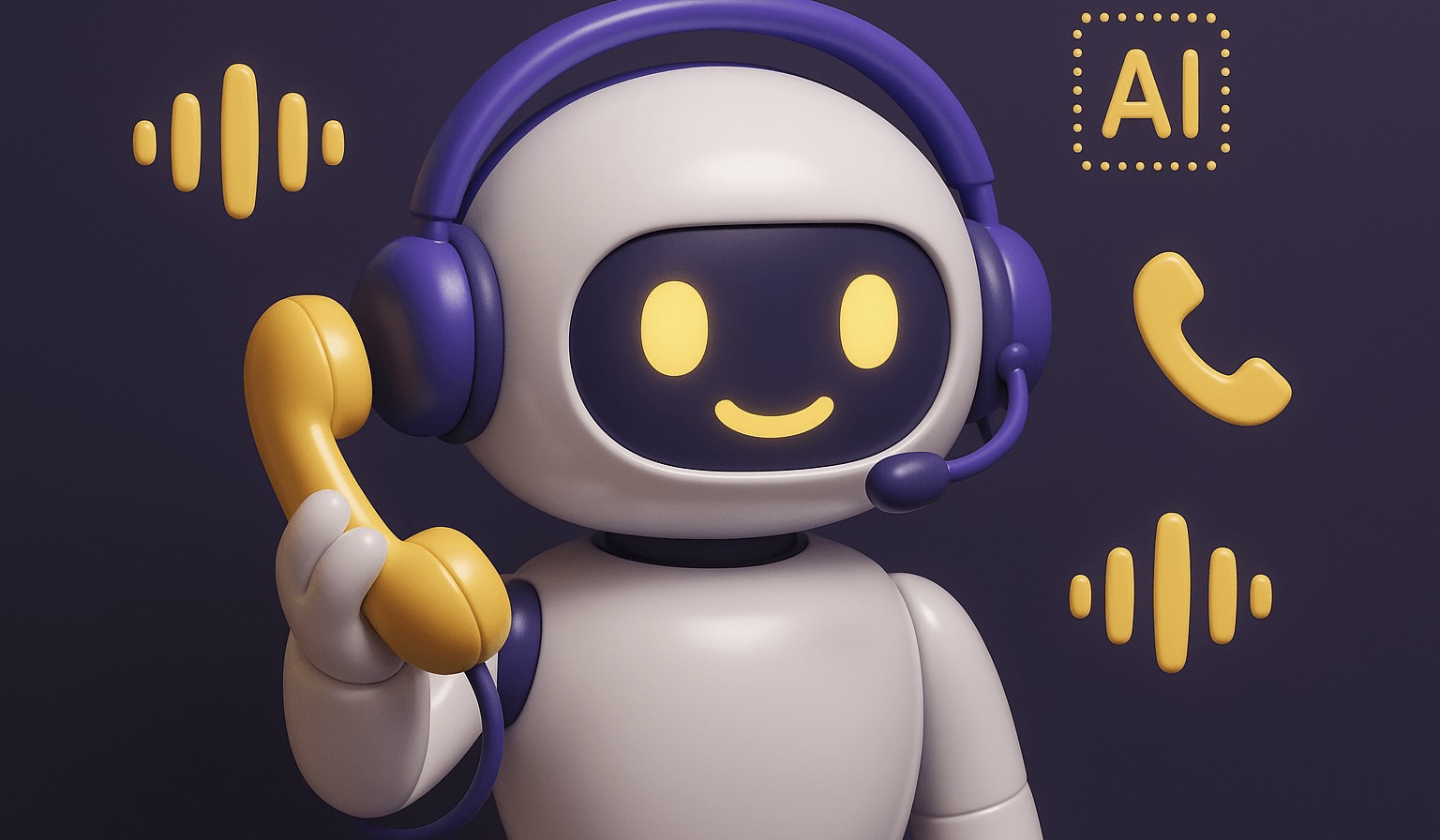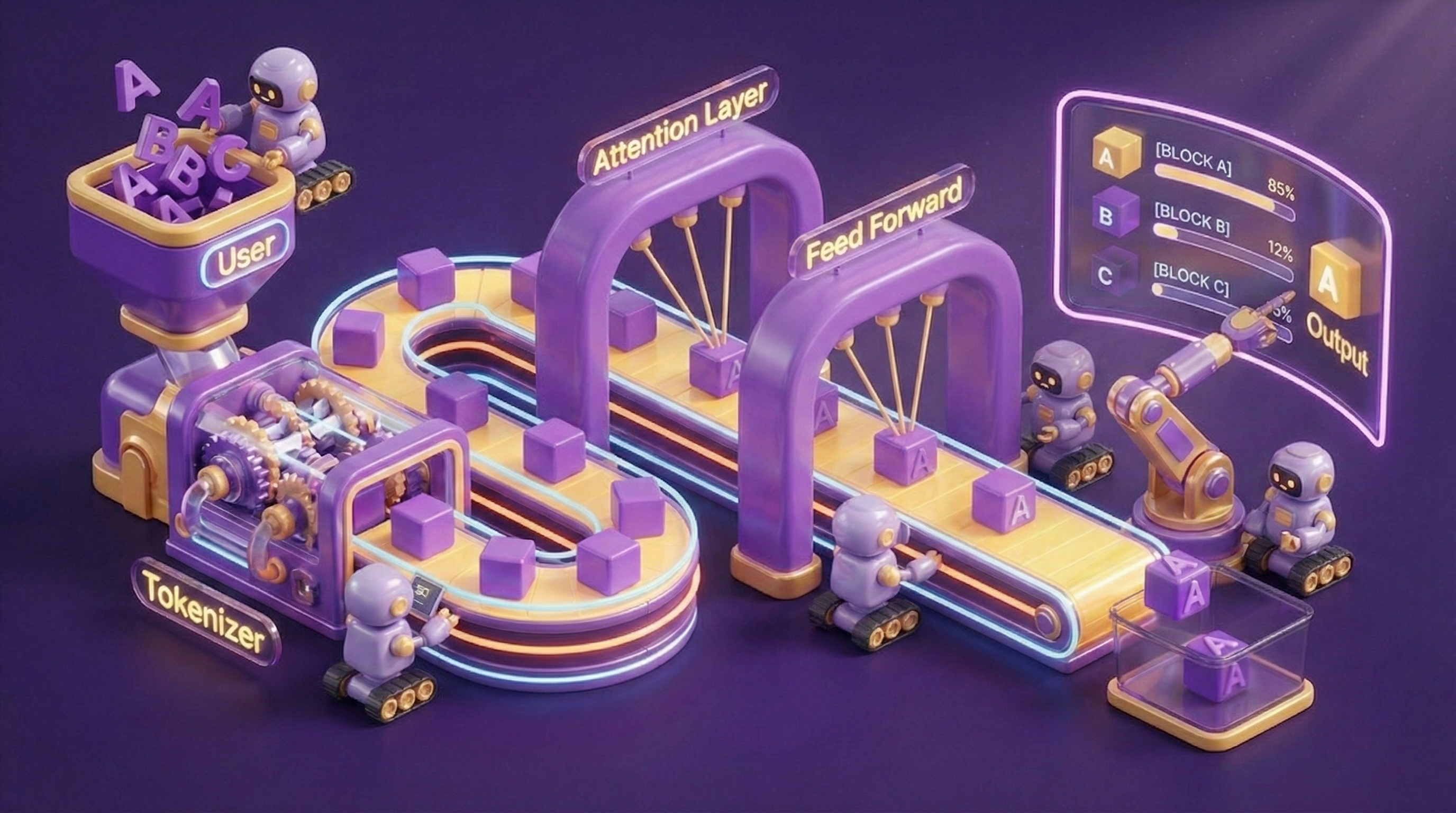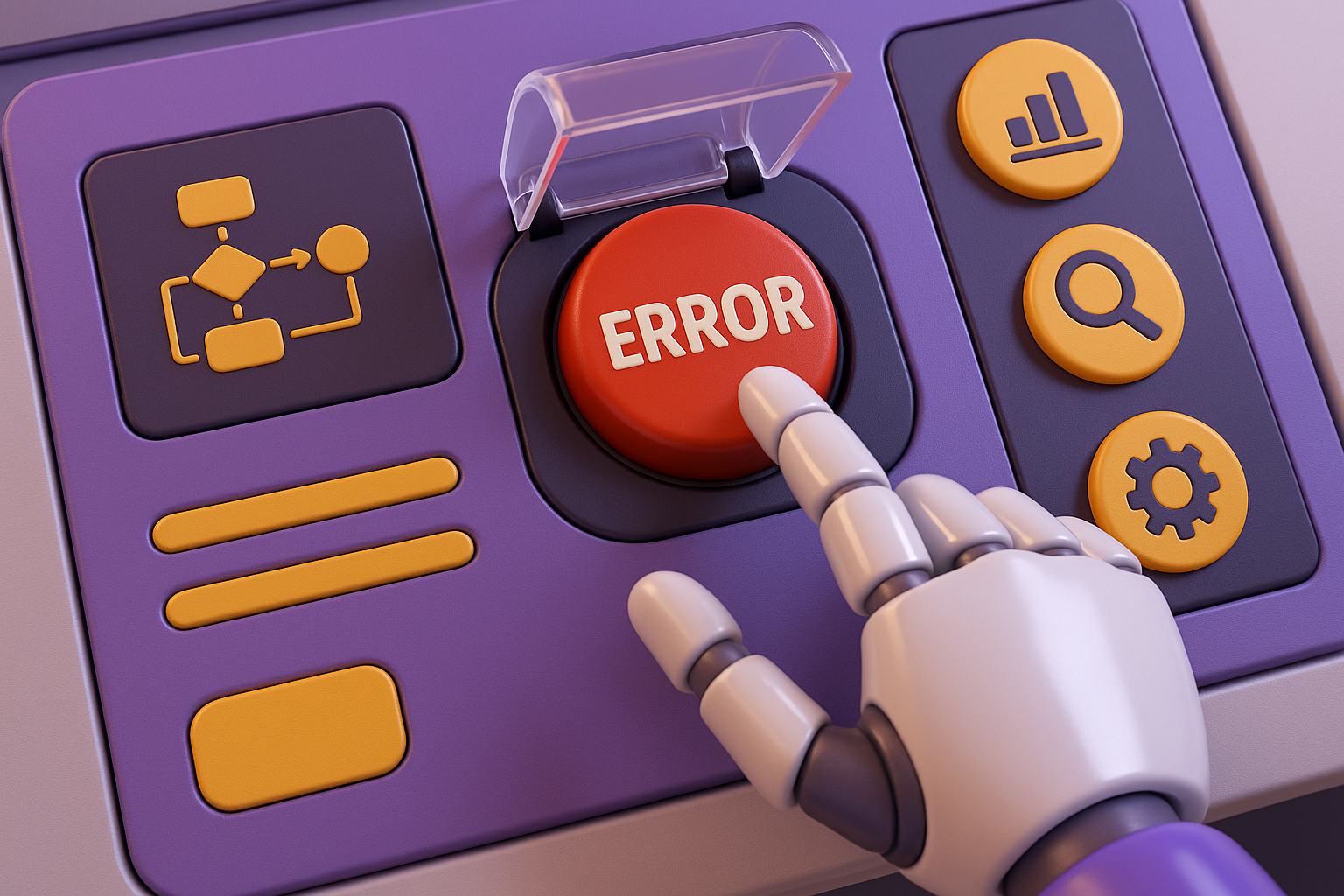In today's fast-paced world, customer support is expected to be not only quick but also available at all times. Enter the AI chatbot that can handle phone calls! This breakthrough in artificial intelligence is changing the game – customers no longer have to wait for an operator because a voice chatbot will answer them. Naturally, smoothly, and with the patience that people often lose. AI chatbots equipped with speech recognition and synthesis technology give companies the ability to provide instant, personal, and round-the-clock support. In the following paragraphs, we'll look at how they work, what benefits they offer, and why they're becoming the new norm in customer communication.
What is an AI chatbot and how does it work?
An AI chatbot is a program that uses artificial intelligence to simulate human conversation. These systems are designed to interact with users through text or voice and are capable of answering questions, solving problems, and even performing specific tasks. The artificial intelligence that forms the basis of these chatbots relies on advanced machine learning algorithms that enable chatbots to learn from data and gradually improve their responses and reactions.
In practice, this means that an AI chatbot is trained on a massive amount of conversational data that allows it to recognize patterns and predict responses to various types of queries. This process includes not only text analysis but also speech recognition and synthesis, which enables chatbots to communicate through phone calls. With each interaction, the chatbot learns and improves, which means its ability to provide accurate and relevant information gets better over time.
One of the key aspects of AI chatbot functionality is their ability to understand natural language. Thanks to technologies like Natural Language Processing (NLP), chatbots are able to recognize not only words but also context and intonation, which allows them to provide responses that are not only correct but also natural and human-sounding. This is especially important in phone calls, where emphasis is placed on fluency and naturalness of communication.
Benefits of AI chatbots for businesses
Implementing AI chatbots brings companies a whole range of benefits that can significantly improve the quality of customer support while reducing operational costs. One of the most significant advantages is the ability of chatbots to provide round-the-clock support. Customers can contact the company anytime, day or night, and always get an immediate response, which significantly increases their satisfaction and loyalty.
Another significant advantage is efficiency and cost savings. Chatbots can handle a large number of routine queries and tasks, which frees up human operators for more complex and demanding cases. This not only reduces the need for a large number of employees but also shortens waiting times for customers. Moreover, thanks to the chatbots' ability to quickly search and provide information, companies can achieve higher productivity and better resource utilization.
AI chatbots also bring personalization to customer support. Through analysis of historical data and user behavior, chatbots can provide answers and solutions that are tailored to a specific customer. This way, the quality of interaction increases and customers feel more valued and understood. Personalization can also lead to better sales results because customers receive relevant recommendations and offers.
Technologies that enable AI chatbots to make phone calls
One of the key technologies that enable AI chatbots to make phone calls is speech recognition. This technology allows chatbots to listen to and interpret human speech. Speech recognition relies on advanced machine learning algorithms and extensive databases of voice samples that enable chatbots to recognize different voices, accents, and intonations. This is essential for ensuring the accuracy and fluency of phone calls.
Another important technology is speech synthesis, which enables chatbots to generate human-sounding responses. Thanks to advanced techniques such as deep learning, chatbots are able to create voice responses that sound natural and authentic. This technology includes modeling human voice and intonation, which allows chatbots to adjust the tone and speed of speech according to the context of the conversation.
Natural Language Processing (NLP) is another key element that enables chatbots to understand and respond to natural language. NLP includes analysis and interpretation of text and speech, which allows chatbots to recognize the meaning and context of queries. Thanks to NLP, chatbots can provide responses that are not only correct but also relevant and contextually appropriate. This technology is crucial for ensuring quality and efficient communication, especially in phone calls.
How to choose the right AI chatbot for your business
When choosing the right AI chatbot for your business, it's important to consider several key factors. The first step is defining your needs and goals. Consider what types of queries and tasks the chatbots will handle, what your expectations are regarding the quality and speed of responses, and what your budget possibilities are. Defining these parameters will help you narrow down your selection and find a chatbot that best suits your requirements.
Another important factor is the quality and sophistication of the technology the chatbot uses. Check whether the chatbot has advanced features such as speech recognition, speech synthesis, and NLP. It's also important to find out how well the chatbot is able to learn and adapt to new situations. Choose a chatbot that uses the latest machine learning technologies and has proven results in providing quality and efficient support.
Integration with your existing systems is another key aspect. Make sure the chatbot is compatible with your CRM, ERP, and other systems you use. Good integration will ensure that the chatbot will be able to effectively communicate with your data and provide personalized and contextually relevant responses. Additionally, easy integration minimizes the time and costs associated with implementing the chatbot into your processes.
Integrating AI chatbot into existing systems
Integrating an AI chatbot into existing systems is a key step in ensuring smooth and efficient operation. The first step is analyzing your current systems and identifying what processes and data the chatbot will use. This includes assessing your CRM, ERP, and other systems that are key to managing customer data and communication. Thorough analysis will help you identify what modifications and integrations will be needed.
The next step is selecting the right API (Application Programming Interface) and middleware that will enable the chatbot to communicate with your existing systems. API is essential for ensuring that the chatbot will be able to access relevant data and provide personalized responses. Middleware can serve as a bridge between different systems, which ensures seamless integration and data sharing between the chatbot and your existing applications.
Implementation and testing are key phases of integration. After selecting the right API and middleware, it's necessary to perform implementation and thorough testing to ensure that the chatbot works correctly and is able to effectively communicate with your systems. Testing should include various scenarios and situations to identify and resolve any issues. The final step is deploying the chatbot to the production environment and its continuous monitoring and optimization.
The future of AI voice chatbots
The future of AI voice chatbots looks very promising, thanks to rapid progress in the field of artificial intelligence and machine learning. One of the main trends is the improvement of speech recognition and synthesis capabilities, which will enable chatbots to provide even more natural and fluent conversations. This will increase their ability to communicate with users at a level that is almost indistinguishable from human interaction.
Another significant trend is the integration of chatbots with other technologies such as the Internet of Things (IoT) and Augmented Reality (AR). This integration will allow chatbots to provide even more complex and personalized services. For example, chatbots will be able to communicate with smart home devices or provide support through AR interfaces, which will open new possibilities for interaction and customer support.
Ethics and security are another important aspect that will play a key role in the future of AI voice chatbots. With the growing use of these technologies, it will be necessary to ensure that chatbots are designed and operated with privacy protection and user security in mind. This includes implementing robust security measures, transparency in data usage, and respecting ethical principles that will ensure user trust and satisfaction.
Conclusion: Direction towards smarter and more efficient support
AI voice chatbots represent a significant step towards smarter and more efficient customer support. Thanks to advanced technologies such as speech recognition and synthesis, and the ability to learn and adapt to new situations, these chatbots are able to provide continuous, personalized, and fast support. This breakthrough in artificial intelligence is changing the game and setting a new standard for customer communication.
Companies that decide to implement AI chatbots can benefit from a range of advantages, including cost savings, increased efficiency, and improved customer satisfaction. The key to successful implementation is choosing the right chatbot that meets the specific needs of the company and its seamless integration into existing systems. Thorough analysis, selection of appropriate technologies, and careful testing are essential for ensuring smooth and efficient operation.
The future of AI voice chatbots is full of opportunities and challenges. With further development of technologies, their capabilities and possibilities will increase, which will open new opportunities for interaction and customer support. Ensuring ethics and security will be key to building user trust and satisfaction. Companies that decide to invest in these technologies will be at the forefront of innovation and will be able to provide support that is not only efficient but also smarter and more tailored to customer needs.
Want to hear how an AI chatbot can call on your behalf?
At Chatbot.Expert, we develop AI chatbots that can not only write but also call customers, receive calls, and handle requests without waiting on hold. We'll help you design a voice assistant that seamlessly integrates with your systems and handles real scenarios, from customer support to order confirmations.
Discover how an AI voice chatbot can automate communication, save time, and offer your customers personal service that never sleeps.




